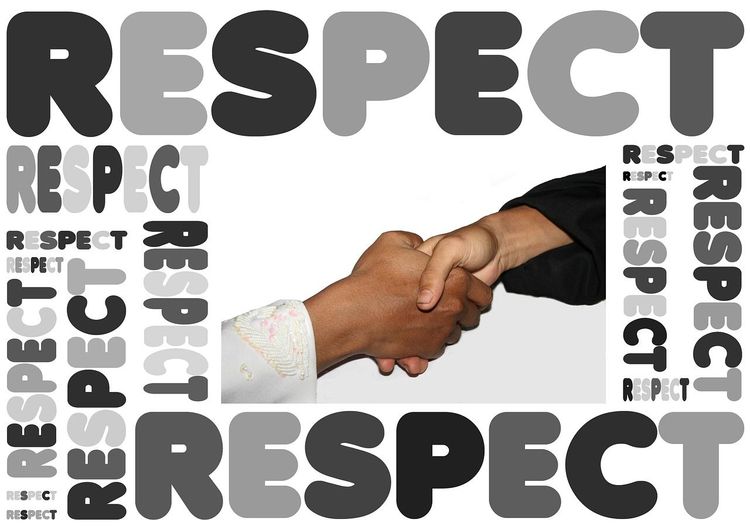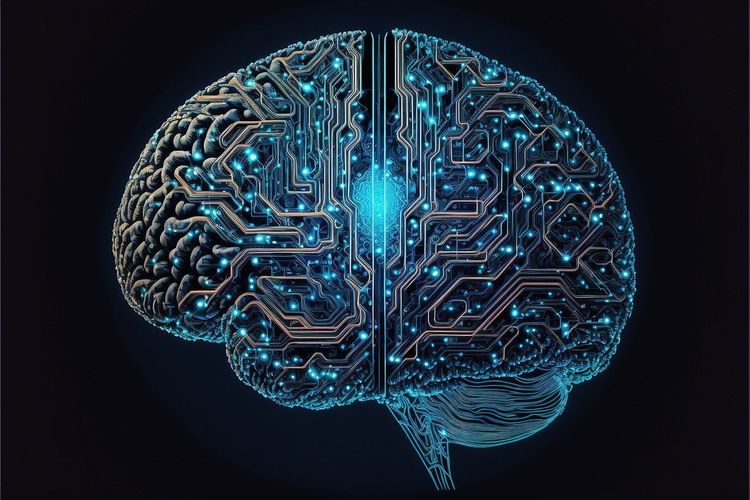In the rapidly advancing field of artificial intelligence, Elon Musk's xAI has officially launched, signaling a challenge to OpenAI's dominance. This new venture aims to integrate with Musk’s diverse business empire, which includes Tesla, Twitter, and Neuralink. Musk’s relationship with AI is characterized by both enthusiasm for its potential and caution regarding its implications.
xAI distinguishes itself from Microsoft and Google's chatbots by focusing on a mission of understanding reality, as stated on its official website. The anticipation surrounding Musk's AI initiative has been growing, especially following reports of Twitter merging with the new X Corp, suggested by an “X” symbol Musk shared on the platform.
As a nascent startup, xAI presents numerous possibilities, breathing new energy into Musk's collection of ventures. Currently overseeing six companies, including Tesla and SpaceX, Musk envisions xAI working independently while collaborating closely with Twitter and Tesla.
AI scientist Jim Fan from Nvidia posits that if effectively integrated, Tesla Bot could personify xAI's intelligence. The xAI team comprises experts from top tech firms like DeepMind, OpenAI, and Google Research, with experience in significant projects such as AlphaStar and GPT models.
Among the 12-member team, at least four individuals are of Chinese descent. Co-founder Greg Yang emphasizes xAI's focus on "deep learning mathematics" and "large neural network development," aiming to elevate AI capabilities. The company is actively recruiting elite engineers and researchers, with an upcoming event to engage the online community.
The entrance of xAI intensifies competition in the AI sector, particularly against OpenAI's ChatGPT, which gained popularity last November for its ability to generate essays, poems, and code quickly. Analysts predict that ChatGPT signifies a monumental shift in the IT sector, while Google’s parent company, Alphabet, introduced the Bard chatbot as a direct competitor. Microsoft has also launched a new AI-powered Bing search engine.
Interestingly, Musk co-founded OpenAI and previously deemed ChatGPT “impressive and frightening” before stepping down from its board in 2018. He has since been vocal about the need for AI governance, critiquing OpenAI for deviating from its foundational principle of transparency. Public perception suggests that xAI is a direct response to ChatGPT, igniting excitement among Musk's supporters who see it as a potential contender.
However, concerns about rapid technological advancements are mounting. A public letter from the "Center for AI Safety" raised alarms regarding AI's existential risks. Musk also signed an open letter in March advocating for a six-month pause on developing AI stronger than GPT-4 to discuss ethical considerations, asserting that human-level AI carries significant societal risks.
Independent strategist Chen Jia criticized Musk’s prior concerns about GPT's potential misuse, highlighting the contrast with his current focus on AI development. This shift represents a complex interplay of technological philosophy and commercial motivations, as the success of GPT-4 and subsequent AI tools could impact Musk's overarching plans, jeopardizing the foundation of his business empire.
During the World Artificial Intelligence Conference in Shanghai, Musk expressed keen interest in AI, albeit acknowledging it isn't Tesla's primary focus. AI expert Guo Tao believes xAI can leverage Musk's resources and technical expertise to create adaptable, large-scale AI models that drive innovation.
Building an AI framework relies heavily on three components: data, computing power, and applications. With Twitter generating a vast amount of multimodal data from its 436 million active users monthly, xAI benefits from this rich database. There are claims that Musk invested significantly in Nvidia GPUs to process data for the xAI project.
Skepticism, however, lingers regarding whether xAI will offer genuinely innovative solutions or merely replicate existing chatbot technologies. Critics note that Musk has made similar grand promises concerning Tesla's full autonomy for years. Guo Tao points out that, compared to industry leaders like Microsoft, xAI currently lacks key technologies needed for general AI advancement.
With xAI in direct competition with OpenAI’s GPT-4 and its successors, its technological capabilities will face scrutiny. Musk’s emphasis on user experience, ethical technology, and AI safety highlights an important aspect of the broader dialogue surrounding AI, awaiting validation through market performance. At the conference, Musk reiterated the necessity of AI regulation, cautioning that advancements in deep AI could lead to a proliferation of powerful computers, surpassing human abilities and presenting significant risks.







